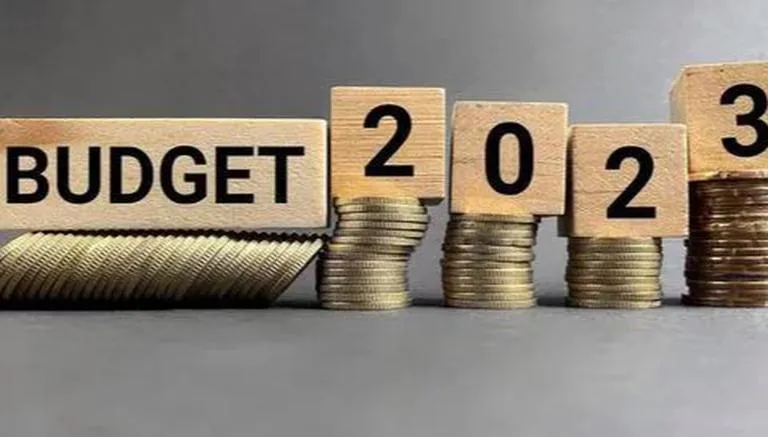
Logistics sector stakeholders eye policy initiatives to facilitate green transition in Budget 2023
NEW DELHI : Fuel prices are a major cost component in the logistics industry and elevated fuel prices have an inflationary impact as the cost is passed onto to the end consumer. Stakeholders in the logistics sector have called for incentivising electric vehicles, especially for last mile delivery, not just for addressing high fuel cost pressures but for also to be able to address Environmental, Social, and Governance or ESG requirements, in the upcoming Union Budget 2023.
“Push for higher absorption of EVs (Electric Vehicles), particularly for the last mile connectivity through subsidy/incentives, has been an ongoing demand from the industry players for higher absorption of EVs for the sector,” said Suprio Banerjee, Vice President & Sector Head – Corporate Ratings, ICRA Ltd.
As per India’s Intended Nationally Determined Contribution submitted to United Nations Framework Convention on Climate Change, the country has committed to reduce emissions intensity of its GDP by 45% by 2030, from 2005 level.
Industry stakeholders outlined that the upcoming budget needs to address the environmental impact of the logistic operations and make progress towards achieving net-zero greenhouse gas emissions in logistics movements. The country aims to achieve its net-zero emissions target by 2070.
“..the budget needs to incentivize the implementation and adoption of EVs (electric vehicles) and renewable energy and other sustainable practices in terms of offering subsidy or tax benefits. It needs to propose subsidies on duties on the purchase of EV trailers to boost transition to EVs. EV adoption not only facilitates progress towards carbon-neutral logistics operations but also builds superior cost-efficiency in operations,” said Pirojshaw Sarkari, Chief Executive Officer, Gati Ltd.
Anil G. Verma, Executive Director and Chief Executive Officer at Godrej & Boyce and Yogesh Patel, Chief Financial Officer at Mahindra Logistics Ltd, outlined that the development of enabling charging infrastructure remains crucial.
“The government may also consider introducing concessions for EV infrastructure installation, such as charging stations in additions to concessions for new EVs which can expedite the adoption of EVs for commercial purposes and speed up its presence in the last-mile delivery services,” added Yogesh Patel.
According to Raaja Kanwar, Chairman and Managing Director at Apollo Supply Chain and Apollo International Ltd, the budget should incorporate ESG parameters when structuring incentives which will help promote a more enabling ecosystem for ESG adoption across sectors and institutions.
The Ministry of Ports, Shipping and Waterways is working on developing a regulatory framework and alternate technology adoption roadmap for Green Shipping to foster carbon neutrality.
“The industry’s CO2 emissions have worsened over the years. Warehouses, ports, and freight transportation account for 11% of the world’s greenhouse gas emissions, and by 2050, the logistics sector is expected to be the top emitter of carbon dioxide. As a result, decarbonisation efforts are being made by logistics leaders,” said Karan Shaha, Co-founder and Chief Executive Officer, Vahak.
In order to be in conformity with the International Maritime Organization’s call for sustainable shipping, Indian ports are already taking steps such as driving solar and wind energy adoption.
Suresh Kumar R, Chief Executive Officer at Allcargo Logistics, outlined that time is also ripe to push for innovations aimed at development and adoption of green energy.
According to Zaiba Sarang, Co-founder, iThink Logistics, the industry can expect investments up to Rs. 2 lakh crore in port infrastructure to alleviate logistics inefficiencies.
